What were the underlying and immediate causes of the October 1962 crisis? What factors made it possible to avert nuclear war? What are the similarities and differences between the crisis in 1962 and today? What lessons of the Cuban Missile Crisis are applicable to the current security context in US-Russian relations?
In light of the current war at the heart of Europe and the elevated nuclear risk, this event presents a timely opportunity to reflect on the lessons learned from the Cuban Missile Crisis to prevent an escalation. The GCSP is gathering American and Russian nuclear subject matter experts to analyse the factors that made it possible to avert the nuclear war in October 1962. They will also discuss the similarities and differences between the Cuban Missile Crisis and today’s security challenges. With this in mind, this debate seeks to draw lessons on the current crisis in US-Russian relations.
Opening Remarks:
- Ambassador Thomas Greminger, Director, Geneva Centre for Security Policy
Speakers:
- Dr Vladimir Orlov, Founder & Director, PIR Center
- Dr William C. Potter, Director, James Martin Center for Nonproliferation Studies and Sam Nunn; Richard Lugar Professor of Nonproliferation Studies Middlebury Institute of International Studies at Monterey
- Ms Sarah Bidggod, Director, Eurasia Nonproliferation Program, James Martin Center for Nonproliferation Studies, Middlebury Institute of International Studies at Monterey
- Dr Elena Chernenko, Special Correspondent, Kommersant Publishing House; Co-Chair, Trialogue Club International
Event Moderator:
- Dr. Christina Schori Liang, Senior Advisor, Research and Policy Advice Department, Geneva Centre for Security Policy
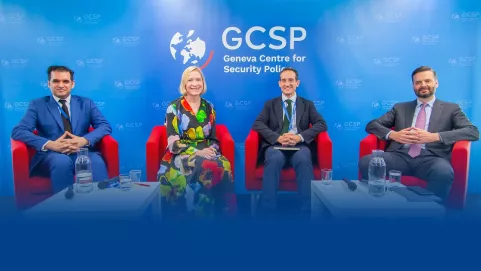 Sixty Years after the Cuban Missile Crisis: Lessons for the 21st Century - A Geneva Security Debate
">
Sixty Years after the Cuban Missile Crisis: Lessons for the 21st Century - A Geneva Security Debate
">
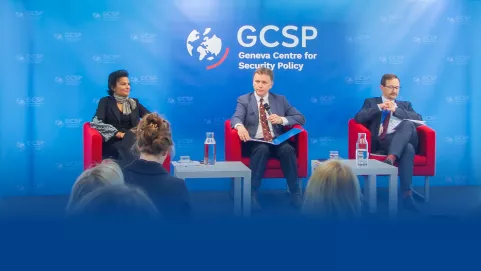 Sixty Years after the Cuban Missile Crisis: Lessons for the 21st Century - A Geneva Security Debate
">
Sixty Years after the Cuban Missile Crisis: Lessons for the 21st Century - A Geneva Security Debate
">
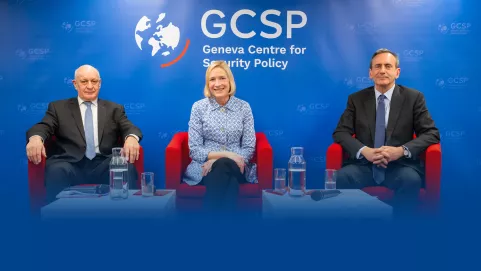 Sixty Years after the Cuban Missile Crisis: Lessons for the 21st Century - A Geneva Security Debate
">
Sixty Years after the Cuban Missile Crisis: Lessons for the 21st Century - A Geneva Security Debate
">
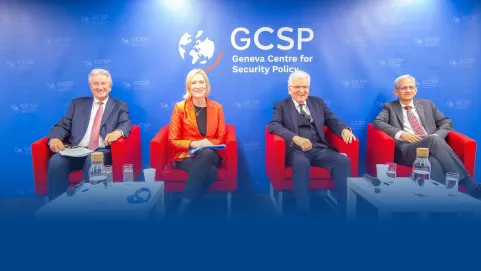 Sixty Years after the Cuban Missile Crisis: Lessons for the 21st Century - A Geneva Security Debate
">
Sixty Years after the Cuban Missile Crisis: Lessons for the 21st Century - A Geneva Security Debate
">
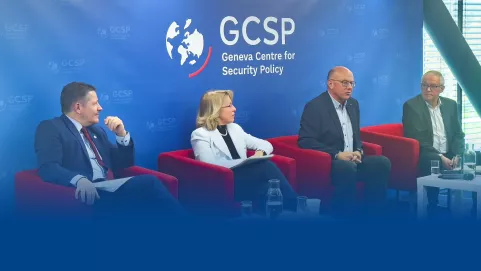 Sixty Years after the Cuban Missile Crisis: Lessons for the 21st Century - A Geneva Security Debate
">
Sixty Years after the Cuban Missile Crisis: Lessons for the 21st Century - A Geneva Security Debate
">
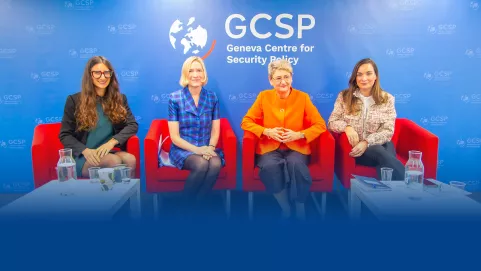 Sixty Years after the Cuban Missile Crisis: Lessons for the 21st Century - A Geneva Security Debate
">
Sixty Years after the Cuban Missile Crisis: Lessons for the 21st Century - A Geneva Security Debate
">
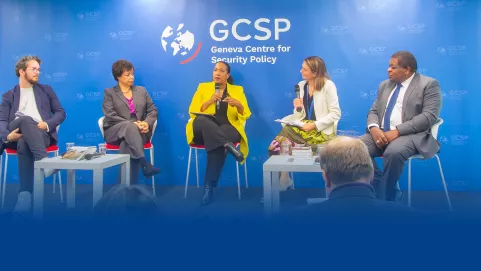 Sixty Years after the Cuban Missile Crisis: Lessons for the 21st Century - A Geneva Security Debate
">
Sixty Years after the Cuban Missile Crisis: Lessons for the 21st Century - A Geneva Security Debate
">
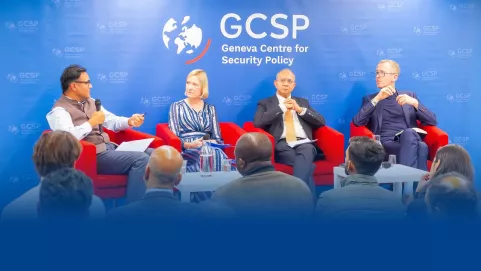 Sixty Years after the Cuban Missile Crisis: Lessons for the 21st Century - A Geneva Security Debate
">
Sixty Years after the Cuban Missile Crisis: Lessons for the 21st Century - A Geneva Security Debate
">
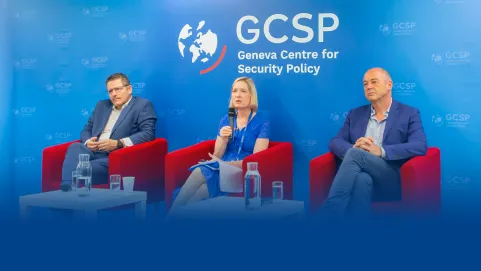 Sixty Years after the Cuban Missile Crisis: Lessons for the 21st Century - A Geneva Security Debate
">
Sixty Years after the Cuban Missile Crisis: Lessons for the 21st Century - A Geneva Security Debate
">
